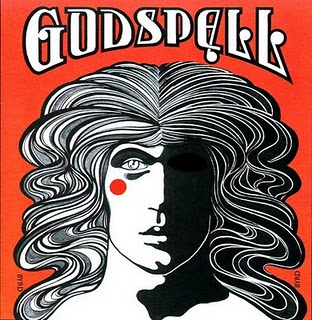godspell_logo_sm2
Broadway producer, Ken Davenport, recently surprised the theatre world with his decision to launch a crowdfunding campaign to produce a revival of the musical Godspell. The ambitious project is hailed as the "first-ever community-produced Broadway musical" and will probably not be the last of its kind. Crowdfunding, it seems, is here to stay. Crowdfunding is essentially the pooling together of financial resources via the internet. Typically, the project manager solicits financial donations from the public via a web-based platform. Crowdfunding can be used to fund just about any type of project, whether its reviving a Broadway musical or financing a band’s studio time. While the idea of pooling together financial resources from the larger community to fund an artistic project is certainly not a new model, the internet is putting a new twist on things.
Here are 4 quick tips to consider before you or your organization embark on a crowdfunding campaign:
- Choose an Appropriate Platform: There are many platforms to choose from for your crowdfunding campaign. Kickstarter and IndieGoGo are two of the more popular platforms. However, it's not always necessary to sign up with a third party. It is possible to launch a campaign through your own website, but strict securities and exchange commission regulations may make this option trickier. It's important to gauge the specific needs of your project and organization prior to choosing a platform.
- Be Aware of All-Or-Nothing Policies: If you decide that a platform like Kickstarter or IndieGoGo is the best way to go, then take the time to become familiar with their policies. Platforms like Kickstarter and Rockethub have an "all or nothing" policy that requires a project to meet ALL of its stated fundraising goals in order to receive any funds. If a project falls short, then no money will be collected. Other platforms like IndieGoGo allow you to keep the funds you raise, even if you do not meet your fundraising goal. Some artists and groups find Kickstarter’s “all or nothing” structure to be a great motivator. Others consider it a potential waste of time if their goal is not met.
- Consider the Legal Ramifications: While services like Kickstarter and Indie GoGo make it virtually painless to launch a campaign, it's always a good idea to make sure your legal ducks are in a row. Depending upon the complexity of the offer, you may need to meet particular requirements. Since the donors are considered investors in the Godspell production, Davenport's offer had to be reviewed by the Securities and Exchange Commission before it could be presented to the public.
- Read the Fine Print! Some platforms do have fees and other hidden costs associated with their services. Take the time to understand the economic model that the service is operating on -- fee structure, donation collection process, funds disbursement, etc.

